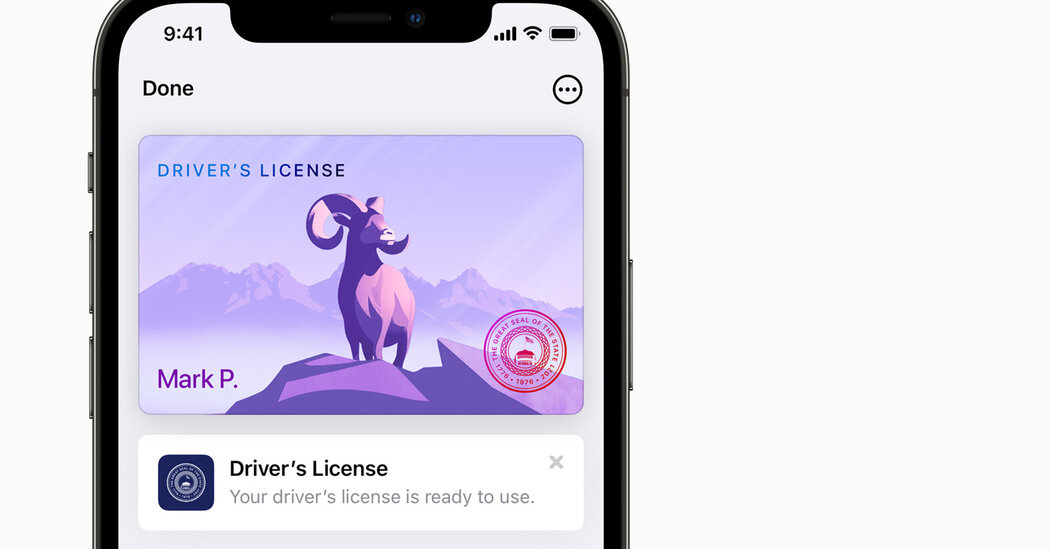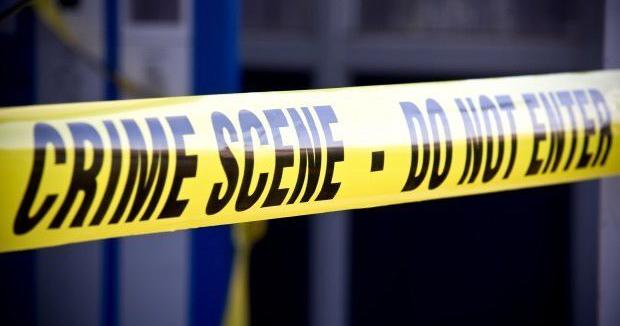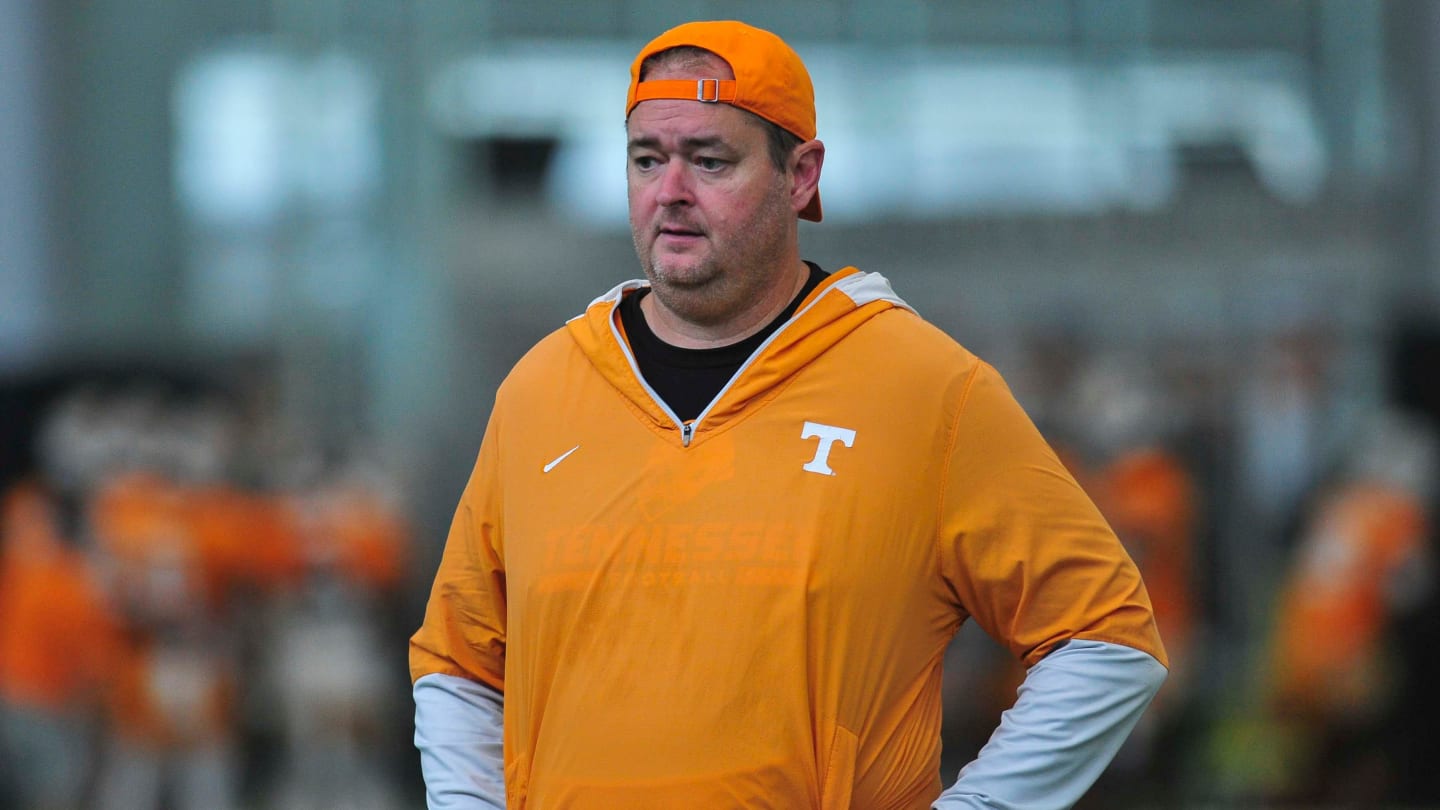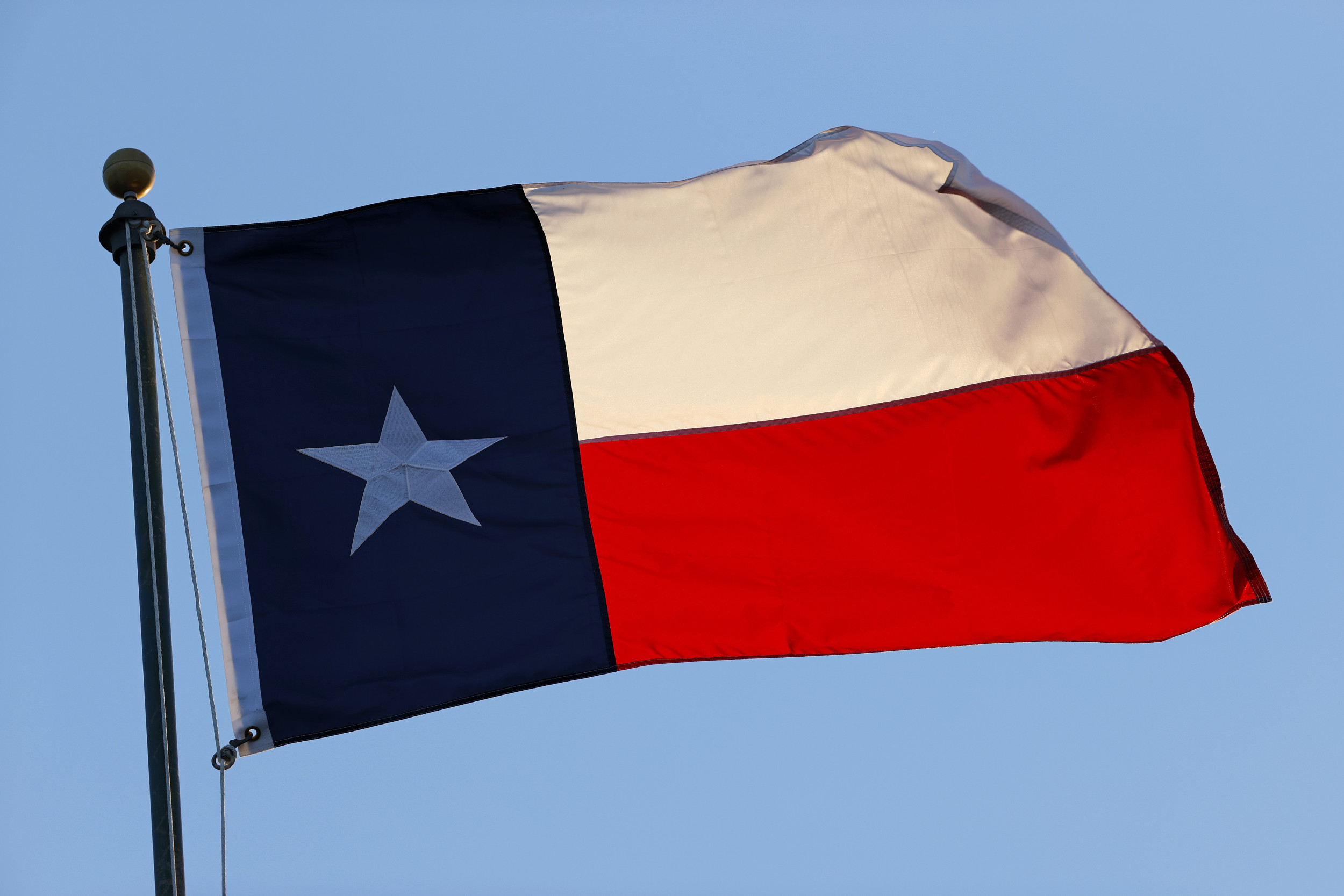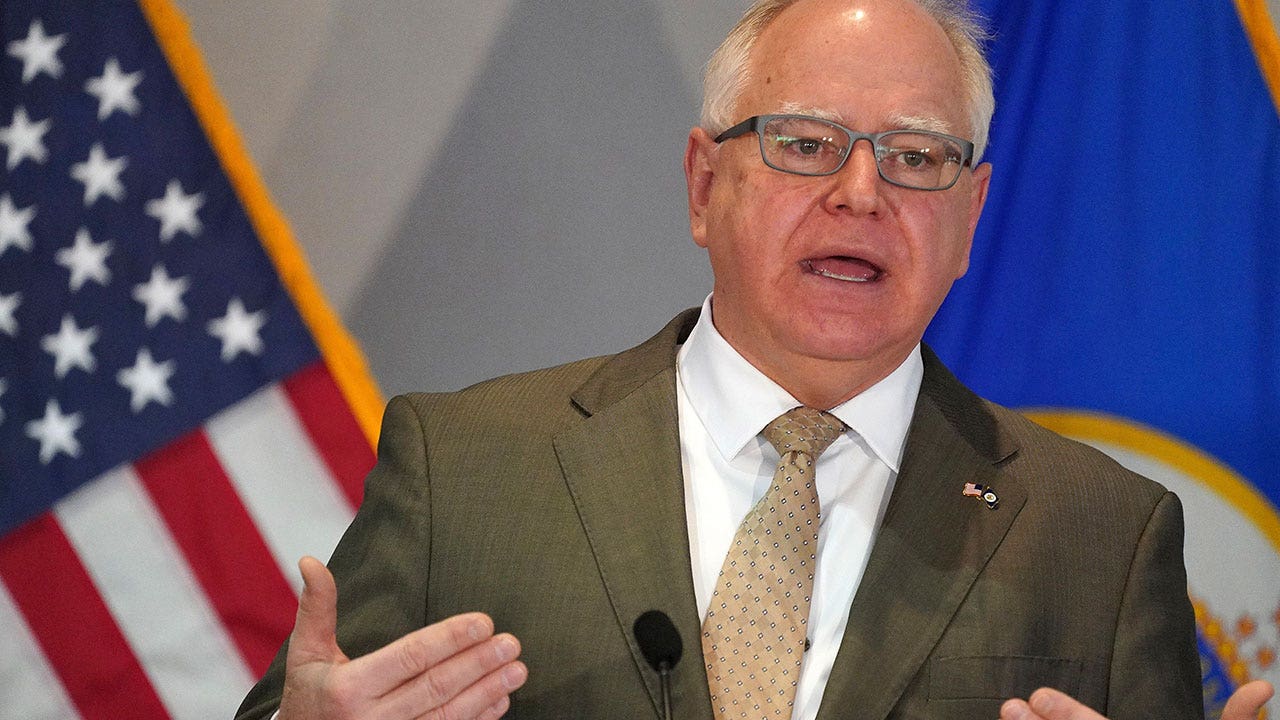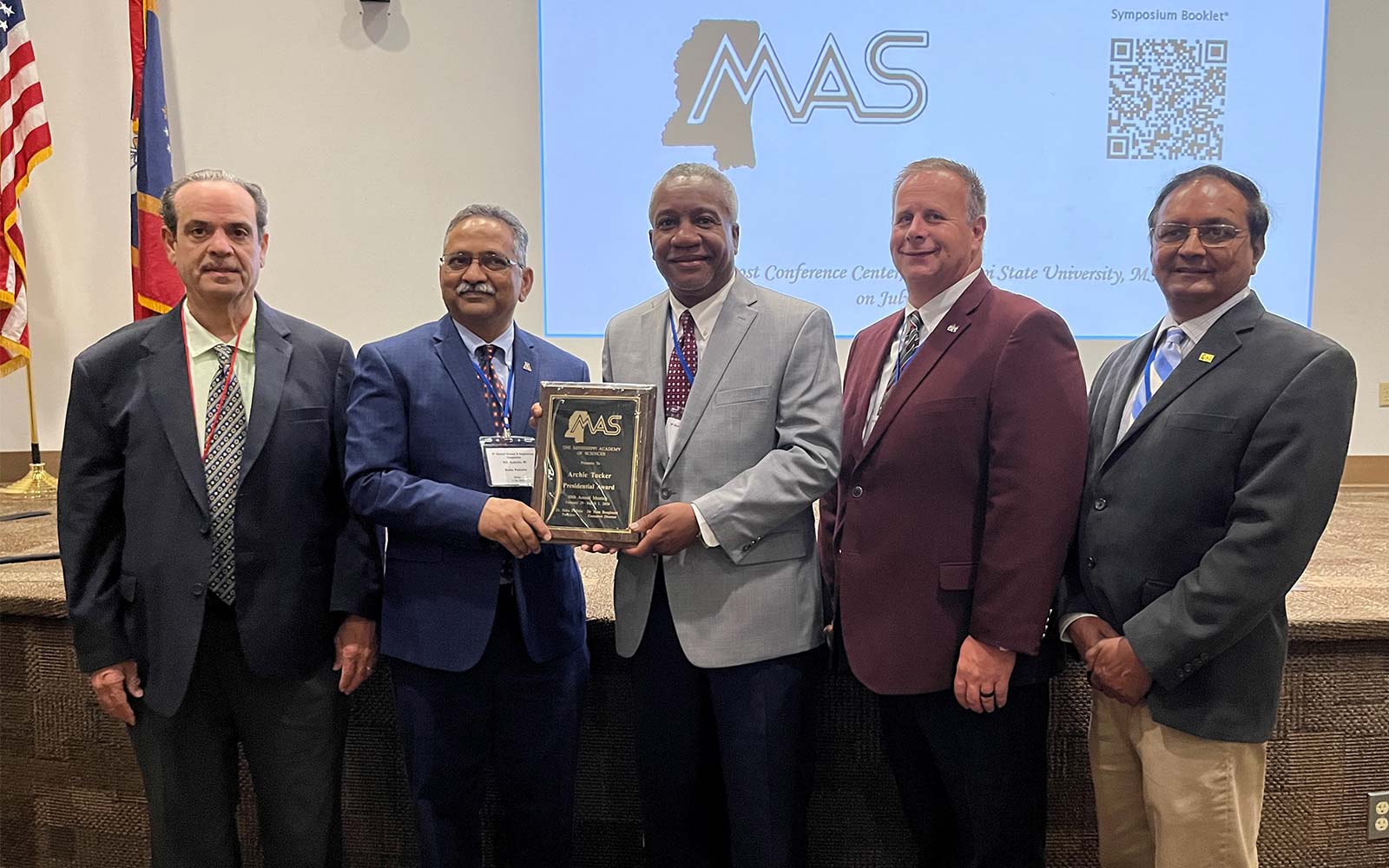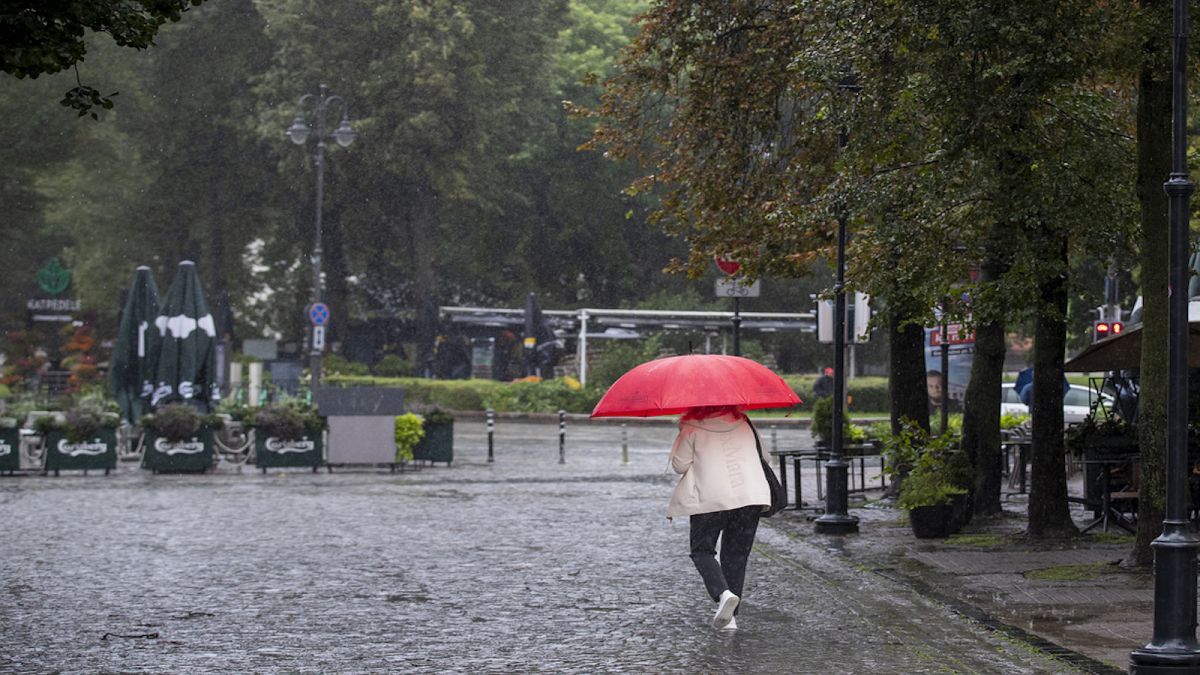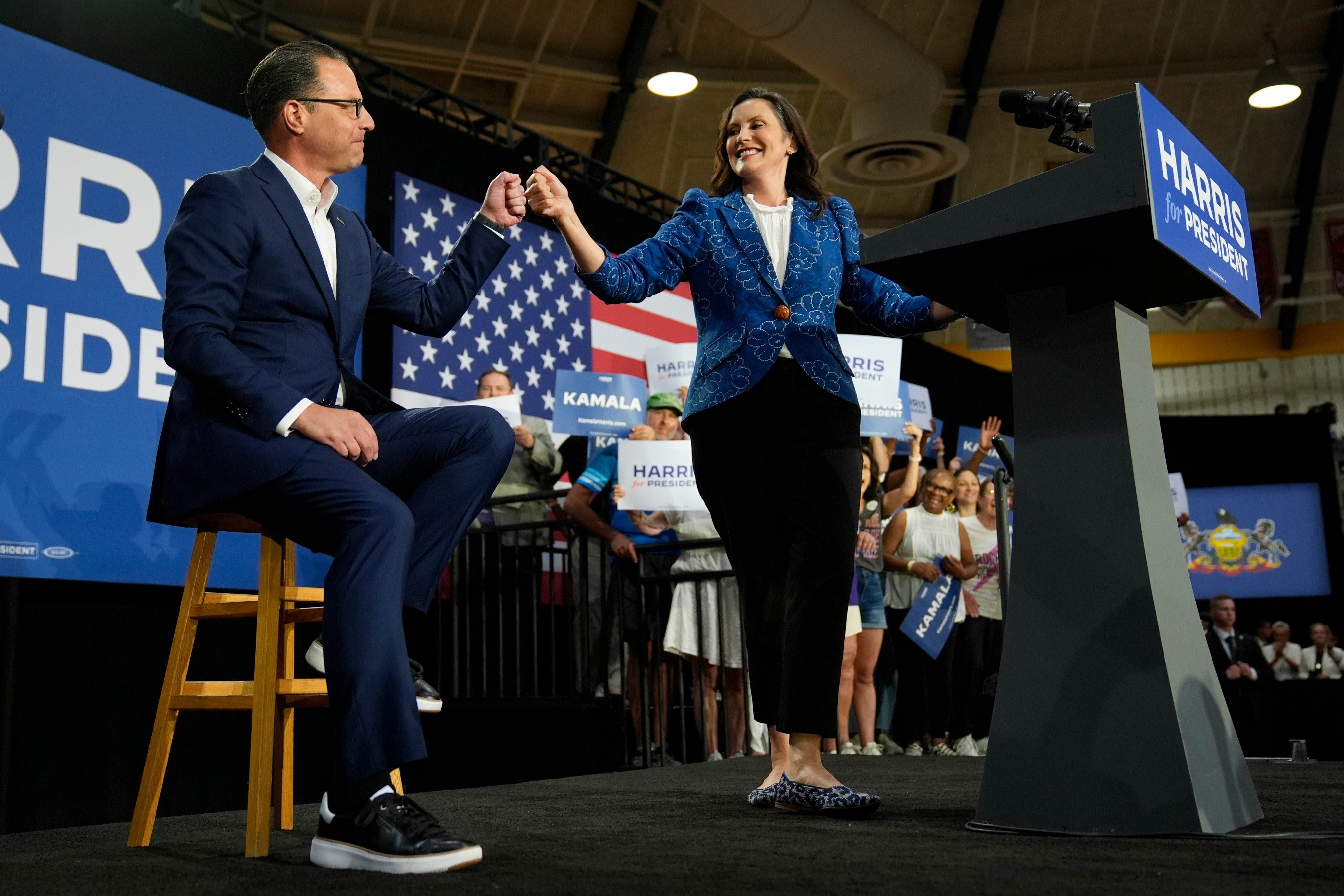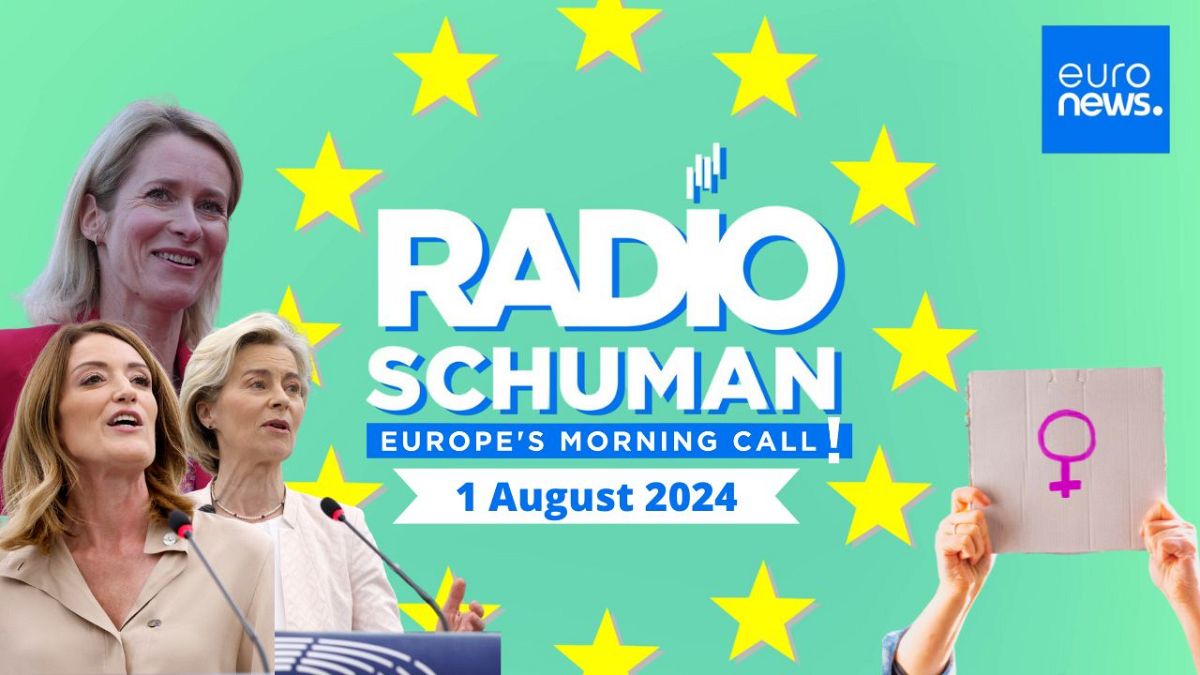Warner Bros Discovery has written down the value of its traditional television networks by $9.1bn, a dramatic recognition of how fast streaming is eroding the cable business model behind channels such as CNN, HGTV and the Food Network.
The non-cash charge led the US entertainment group to on Wednesday report a quarterly net loss of $10bn, which compared to Wall Street’s expectations of a $542mn loss and exceeded its total revenue of $9.7bn.
The stark revaluation reflects a determination that WBD’s television channels are no longer what they were worth just two years ago, when the company was formed from the merger of Discovery and WarnerMedia.
“It’s fair to say that even two years ago, market valuations and prevailing conditions for legacy media companies were quite different than they are today, and this impairment acknowledges this,” chief executive David Zaslav told investors. “The market conditions within the traditional business are tough.”
“It’s an accounting reflection of the state of the industry,” said chief financial officer Gunnar Wiedenfels.
“Am I disappointed about the impairment? Yes,” Wiedenfels said. “There’s been talk about recovery [in the traditional television market] a year, or year and a half ago. It hasn’t really happened.”
Shares in WBD were down 10.5 per cent in pre-market trading on Thursday morning. The company’s stock had already fallen by almost 70 per cent since it was formed in 2022 in a $40bn merger that was meant to help two legacy media groups survive the brutal streaming battle.
Quarterly revenue fell short of forecasts, weighed by WBD’s television networks, which were hit hard by shrinking audiences as people cancel their pay-TV subscriptions.
Revenue at WBD’s television business unit dropped 8 per cent from a year ago to $5.3bn. Rival Disney reported earlier on Wednesday that its television network revenue fell 7 per cent to $2.7bn in the quarter.
Zaslav and his team have been discussing strategic options as they try to reverse WBD’s sinking share price. They considered breaking up the company but have concluded that this is not currently the best option, the Financial Times reported earlier this week.
Zaslav on Wednesday told analysts: “We have to . . . consider all options. But the number one priority is to run this company as effectively as possible.”
The group’s streaming and HBO cable businesses added 3.6mn direct-to-consumer subscribers in the quarter, reaching 103.3mn subscribers globally.
“We recognised early on this was a generational disruption . . . requiring us to take bold, necessary steps,” said Zaslav.

